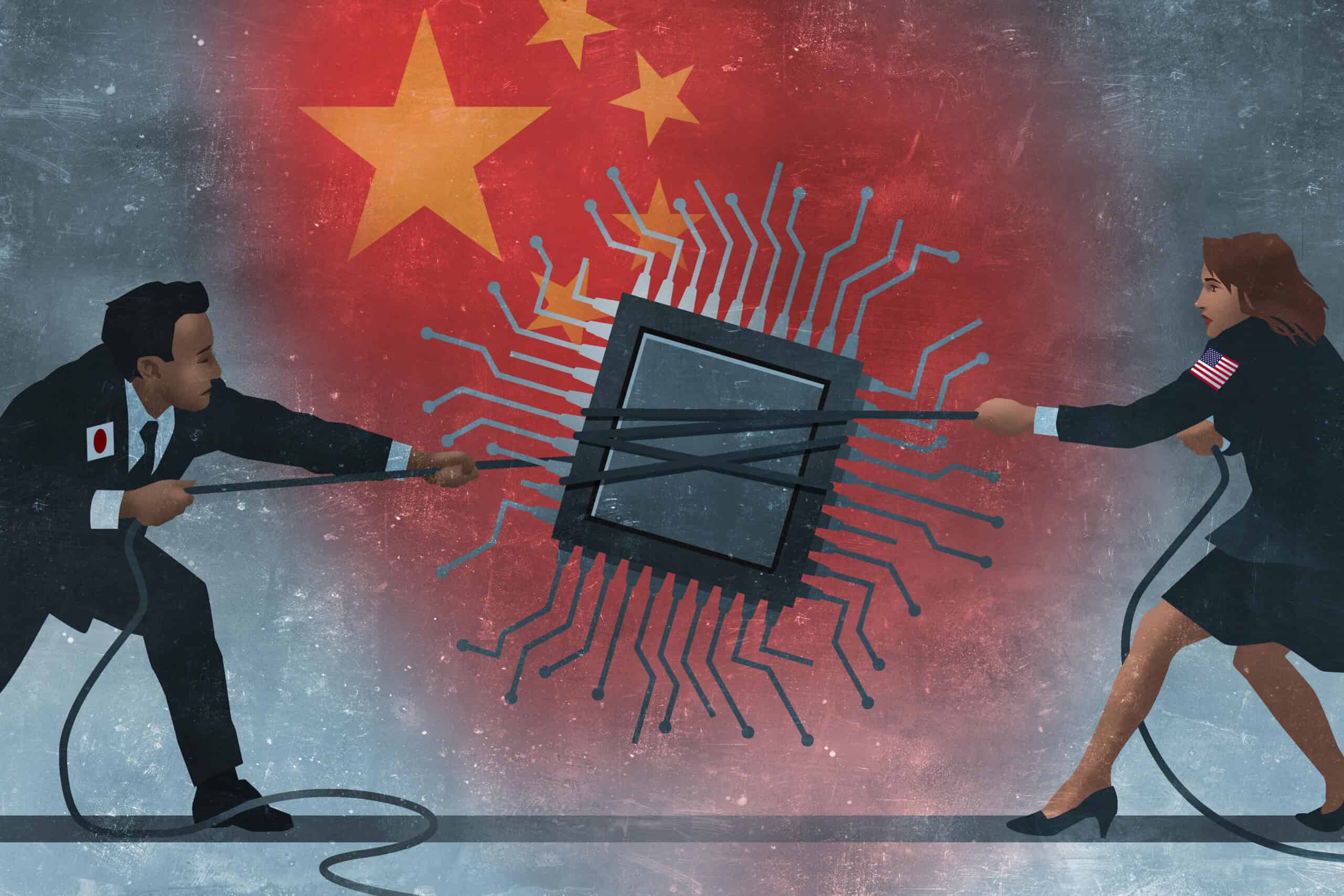Few in China have been as closely watched as the residents of Beijing were last week. Everywhere you went, your movements were tracked by Covid apps and code-scanning. Cameras on every corner, in every nook, blinked knowingly. The security system was on high alert, with every resident registered and accounted for.
While this ‘new normal’ was partly in place to enforce the zero-Covid policy, it was also to ensure social control and stability during the Party Congress, where Xi Jinping was
Navigate China's Business Landscape with Confidence.
- Gain visibility into supplier risks
- Easily manage trade compliance
- Conduct in-depth due diligence




